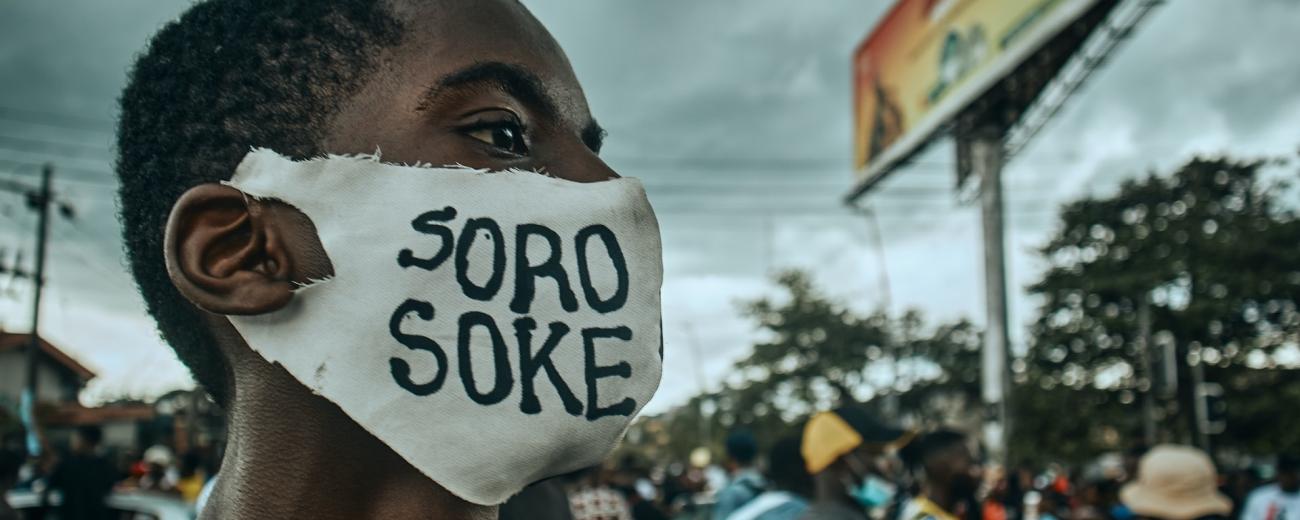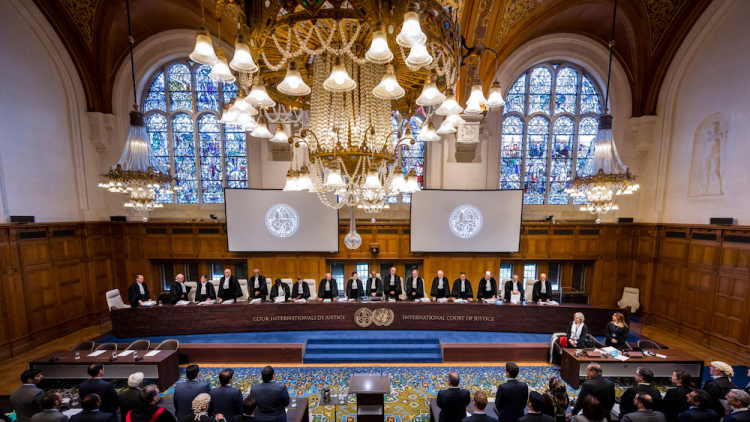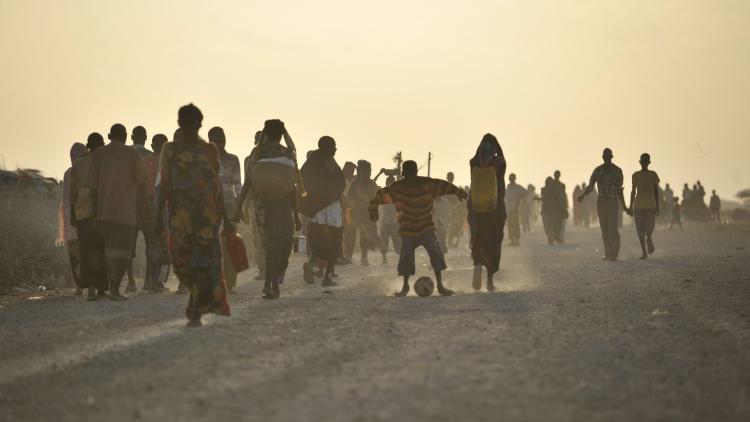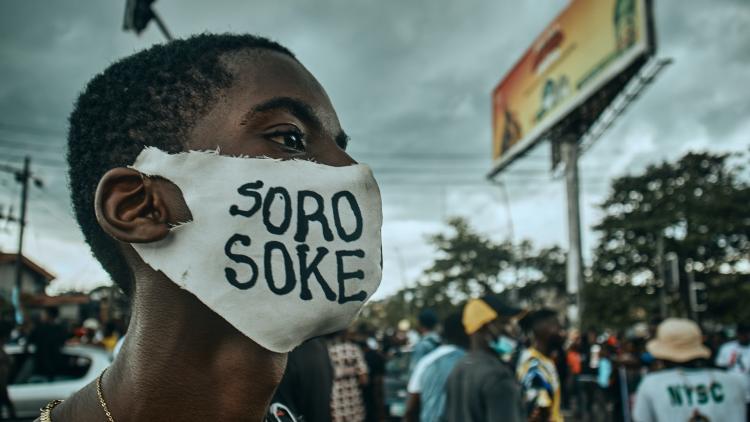MA Human Rights Law


Key information
- Start date
- Duration
- 1 year
- Attendance mode
- Full-time or part-time
- Location
- On Campus
- Fees
-
Home student fees: £15,130 per year
Overseas student fees: £25,740 per yearPlease note that fees go up each year.
See postgraduate fees for further details. - Course code
- M3T4
- Entry requirements
-
...
-
A 2:1 degree in a relevant undergraduate degree.
If you have a lower degree classification, your application may be considered if you can present a strong case, either through relevant work experience, other legal qualifications, or a strong supporting statement. References are not required, but can help build a stronger application if you fall below the 2:1 requirement or have non-traditional qualifications.
See international entry requirements and English language requirements.
Course overview
The MA in Human Rights Law provides a specialisation in a constantly evolving area of law that covers a range of issues at the heart of major contemporary developments and debates.
This programme offers a wide range of distinctive modules that combine a focus on core subjects in the field alongside a critical inquiry into the theory and practice of human rights law and related fields, particularly as they relate to the global South.
Options include core international modules on international human rights law, international criminal law, international refugee and migration law, international humanitarian law, and justice, reconciliation and reconstruction in post conflict societies.
The degree also offers singular modules on specific legal approaches, settings, and cross-cutting themes such as Human Rights and Islamic Law; Law, Rights & Social Change; Law, Human Rights and Peace-building: the Israeli-Palestinian case; Darfur: Anatomy of a Human Rights Emergency; and Human Rights of Women.
Why study MA in Human Rights Law at SOAS?
- SOAS is ranked in the top 20 in the UK (QS World University Rankings 2023).
- We are ranked 6th in the UK for employability (QS World University Rankings 2023).
- Our research publications have been rated first in the UK - and our School of Law rated 6th in the UK - in the Research Excellence Framework (REF) 2021.
SOAS Centre for Human Rights Law
The area of human rights, conflict and justice occupies an important place in the SOAS School of Law, which is home to the SOAS Centre for Human Rights Law. The Centre provides a focal point for research activities and regular events, and an opportunity for postgraduate students to become involved and engage with the SOAS research community and actors in the field.
Structure
To facilitate the study of law, all MA students are required to attend a two-week Preliminary Law, Legal Reasoning and Legal Methods. in the September before beginning the MA programme. Students must take modules to a total value of 180 credits, consisting of a dissertation (60 credits) and 120 credits of taught modules.
Taught modules are worth either 15 or 30 credits. Students who wish to graduate with a specialised MA are required to take at least 60 credits associated with their specialised MA, and the dissertation topic will be undertaken within the MA specialisation.
Please note that not all modules listed will be available every year.
Compulsory
Guided options List B
Maximum 45cr from List B, of which 30cr can be selected from Open options
Guided options List A
Minimum 60cr from A
Teaching and learning
All Masters programmes consist of 180 credits, made up of taught modules of 30 or 15 credits, taught over 10 or 20 weeks, and a dissertation of 60 credits. The programme structure shows which modules are compulsory and which optional.
Contact hours
As a rough guide, 1 credit equals approximately 10 hours of work. Most of this will be independent study, including reading and research, preparing coursework, revising for examinations and so on. It will also include class time, which may include lectures, seminars and other classes.
Some subjects, such as learning a language, have more class time than others. At SOAS, most postgraduate modules have a one hour lecture and a one hour seminar every week, but this does vary.
Knowledge and understanding
- Students will acquire specialist knowledge of human rights law internationally.
- This includes, but is not necessarily limited to, knowledge and understanding of the following:
- the theoretical and practical underpinnings of human rights law internationally;
- the context in which law is made, interpreted, adjudicated, and amended;
- the role played bylaw,particularly human rights law indifferent situations at the national, regional and international level;
- the role and function of legal institutions in dealing with human rights;
- the weight and significance of different sources and methodologies.
- Students will develop knowledge of how to locate relevant materials and assess their relevance and/or importance.
Intellectual (thinking) skills
- Students should develop rigor in analysis and assessment of legal arguments.
- Students should develop the ability to understand, summarise and critically assess differing perspectives on theoretical debates.
- Students should develop independence of thought and the confidence to challenge the accepted wisdom.
- Students should learn to identify issues and formulate questions for further research through independent work.
- Students will be encouraged to bring to bear their own previous experience and knowledge in addressing legal issues in an interdisciplinary manner.
Subject-based practical skills
The programme will help students develop the ability to:
- Write clear research essays and dissertations.
- Research in a variety of specialized research libraries and institutes and online,and retrieve, sift and select information from a variety of sources.
- Present seminar papers and defend the arguments therein.
- Discuss ideas introduced during seminars.
- Develop essay and dissertation research questions.
- Read legal source materials rapidly and critically.
- Present legal arguments in moots and debates.
Transferable skills
The programme will enable students to:
- Communicate effectively in writing.
- Structure and communicate ideas and arguments effectively both orally and in writing.
- Read and comprehend significant quantities of reading rapidly and effectively and develop critical faculties.
- Find and use a variety of written and digital materials, especially legal materials, in libraries and research institutes.
- Present (non – assessed)material orally.
- Develop teamwork skills.
Scholarships
Employment
SOAS Law graduates leave SOAS as civic minded and critically engaged individuals who can effectively contribute to their communities and societies. With a thorough understanding of the legal dimensions underlying many of our global challenges today, our Law students are valued by employers due to their analytical skills, specialist knowledge, and global perspective.
Recent graduates have been hired by organisations including:
- PwC LLP
- BLM Law
- BloombergNEF
- British Medical Association
- Clifford Chance
- DAC Beachcroft LLP
- Department for Work and Pensions
- EY
- HM Treasury
- Latham & Watkins
- Legal Cheek
- Simpson Millar Solicitors
- The Economist
- Travers Smith
- Vodafone
- World Cancer Research Fund
Find out about our Careers Service.











